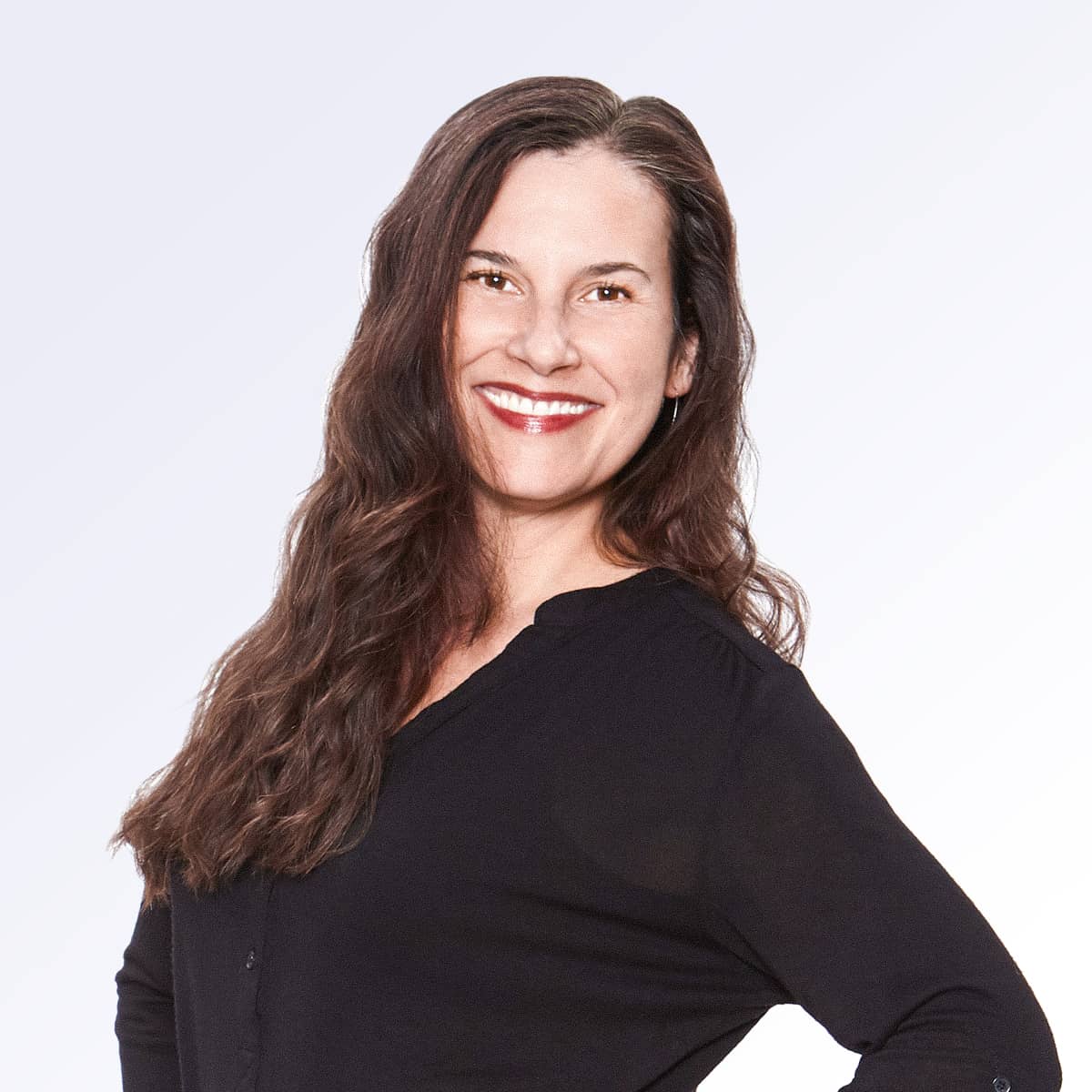Details
| University Location | Sydney, New South Wales |
|---|---|
| City Population | 5.5 million |
| Student Population | 73,000 |
| Int'l Student Population | 10,600 |
| Main Campus | Camperdown / Darlington |
| Program Campus | Camperdown / Darlington |
| Program Duration | 4 years |
| Estimated Annual Tuition | AUD$93,500 (2025 fees; subject to increase) |
| Semester Intake | January |
| Next Available Intake | 2027 |
| Application Deadline | TBA* |
| International Places | 70 |
Overview
Established in 1850, the University of Sydney is Australia’s first university. According to the 2025 QS World University Rankings by Subject (Medicine), the university is ranked at #2 in Australia and at #27 in the world. The Sydney Medical School aims to give you a strong foundation for your future in medicine, whether in clinical practice, research, or public health.
The university’s research is focused on both discovery and translating discoveries into improved healthcare, with major programs of research into diseases and health challenges of national and international significance.
Why should you consider studying medicine at the University of Sydney?
- Ranked 27th in the world for medicine: (QS World University Rankings by Subject 2025)
- Sydney is a global top-20 university: (QS World University Rankings 2025)
- Diverse student cohort: A biomedical science degree is not a prerequisite. Students come from a variety of educational backgrounds.
- Preparation for entry: A foundational knowledge course is available to all students on enrolment to ensure assumed knowledge in anatomy, physiology, molecular and cell biology is met.
- Innovative curriculum: Sydney focuses on small group, team-based learning and integrating theory with practice.
- Early clinical contact: You’ll gain hands-on experience from as early as your second week through Sydney’s extensive network of clinical schools.
- Placements: You’ll have access to placement opportunities in both rural and international settings to develop your experience in a wide range of medical environments.
- Research excellence and training: You’ll have access to some of the world’s leading researchers, institutes, and networks.
- Study abroad opportunities: Sydney Medical School has extensive international connections. You can undertake a clinical or research placement overseas during your elective term.
Program
The University of Sydney Doctor of Medicine (MD) is a postgraduate coursework degree that will provide you with clinical and research training to develop the skills needed to be responsive to the health needs of individuals, families and communities and committed to improving the health care system at all levels.
The Sydney MD curriculum and course structure enhances learning opportunities through earlier clinical exposure, added personalization options, new research opportunities, and immersive clinical placements in the last year of the program, preparing you for practice as a doctor.
Over 4 years, you will complete core units according to a prescribed course of study, covering 8 vertical themes:
- Basic and clinical sciences
- Clinical skills
- Diagnostics and therapy
- Research, evidence and informatics
- Population health
- Indigenous health
- Ethics and law
- Professionalism and interprofessional teamwork
The Sydney MD requires you to complete 16.5 hours per week over 140 weeks, for a total of 2,310 hours.
Clinical Placements
In the Sydney medical program, you’ll participate in clinical training and experience in health care facilities throughout your studies. In particular, you will undertake clinical training in the Sydney Medical School’s clinical schools.
Clinical placements are a major component the Sydney MD, and is integral to gaining your professional accreditation. In most courses, course-required placements are embedded from the first year and increase as you progress in your degree.
Elective placements are also offered throughout clinical schools to internal and external medical students in their final year of study who wish to expand their knowledge in a specialty area or across a variety of clinical settings.
Admission Requirements
1. Completed bachelor’s degree
Must have a completed bachelor’s degree with a cumulative GPA of roughly 2.7/4.0. No prerequisite undergraduate subjects are required.**
2. Admissions test
Based on previous intakes, students who didn’t achieve a minimum MCAT score of 510 were not eligible for an interview. As such, OzTREKK will not submit Sydney MD applications with scores below 510. MCAT scores are valid from up to 3 years of program commencement. GAMSAT will also be accepted. After meeting the GPA requirement, all applicants are then ranked against each other based on their MCAT results.
3. Interview
Sydney will not have interviews for the 2026 intake; however, with equally ranked students, Sydney may implement an interview or situational judgement test to break the tie.
Online Learning Module
**Assumed knowledge includes anatomy, physiology, and molecular/cellular biology. Sydney Medicine offers a free, interactive online foundational knowledge course designed to support their diverse student cohort. Available prior to the commencement of the academic year and throughout the first year, this course will prepare students with the required biomedical knowledge.
Admission Timeline
*Applications for the 2026 intake closed June 17, 2025. For information about the 2027 intake and to apply, please contact OzTREKK.


































Ask A Question
Ask us about your program of interest, or if you have a question about our services.
CONTACT US TODAY